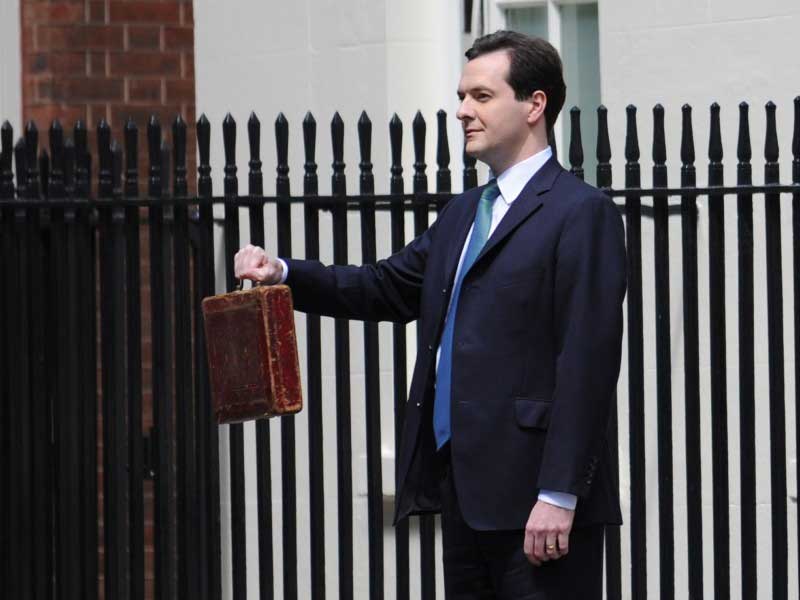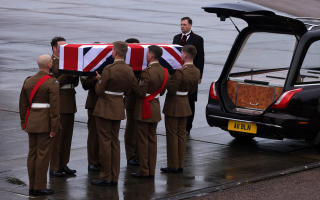
Tri-Service
Breaking Down The Budget: Armed Forces Spending

The government has been accused of sneaking in changes to public sector pensions, which could lead to cuts in the Armed Forces.
The Liberal Democrat leader, Tim Farron, says the Budget will force the military to foot the bill for pensions, which could lead to job losses.
He claims the Armed Forces will have to contribute more to the pensions pot in future, because of a reduction in the government’s "discount rate".
It is being reduced from 3% above inflation to 2.8% from 2019; a move that would effectively save the Treasury around £2 billion a year.
But Mr Farron says the reduction will affect public sector departments, including the Armed Forces. He believes the military could now face a bill of 314 million pounds for pensions, which may have to come from frontline services.
And he thinks, as a result, there will be job cuts.
More from Forces TV: War Pension Changes And £33m In Libor Grants
The Treasury admits the discount rate has been reduced, but says departments such as the Armed Forces knew this was coming. It says they have three years to plan how to manage their budget, which should, apparently, give them time to make up the costs.
The Chancellor also claims that lower-then-expected inflation means the gap can be closed without affecting front-line spending. But Tim Farron’s dismissing that as a "mirage".
Meanwhile, the Shadow Minister for Defence Procurement is claiming there has been a drop in defence spending, with less money allocated than had been promised.
Toby Perkins has written a letter to the Defence Secretary Michael Fallon, asking for reassurances. He claims the Budget revealed a decrease in the amount of money spent on defence in this financial year, and he says there’s less to come in the future.
But The Ministry of Defence says these claims are wrong, and are based on figures that DO NOT take account of either the current or full defence budgets. In a statement, it says it is sticking to its commitment to spend 2% of GDP on defence.
The MoD also says it will keep its promise to increase its budget by 0.5 per cent above inflation each year from 2016-17 to 2020-21.
It will also have access to the new Joint Security Fund; a new fund which offers an extra 1.5 billion pounds annually for military and intelligence agency spending. The fund was announced in the chancellor’s budget speech on Wednesday.
If the Ministry of Defence wants some of the money, they will have to compete against the Foreign Office, the Department for International Development, and the three intelligence agencies.
More from Forces TV: £500 Million Of Cuts For MoD









